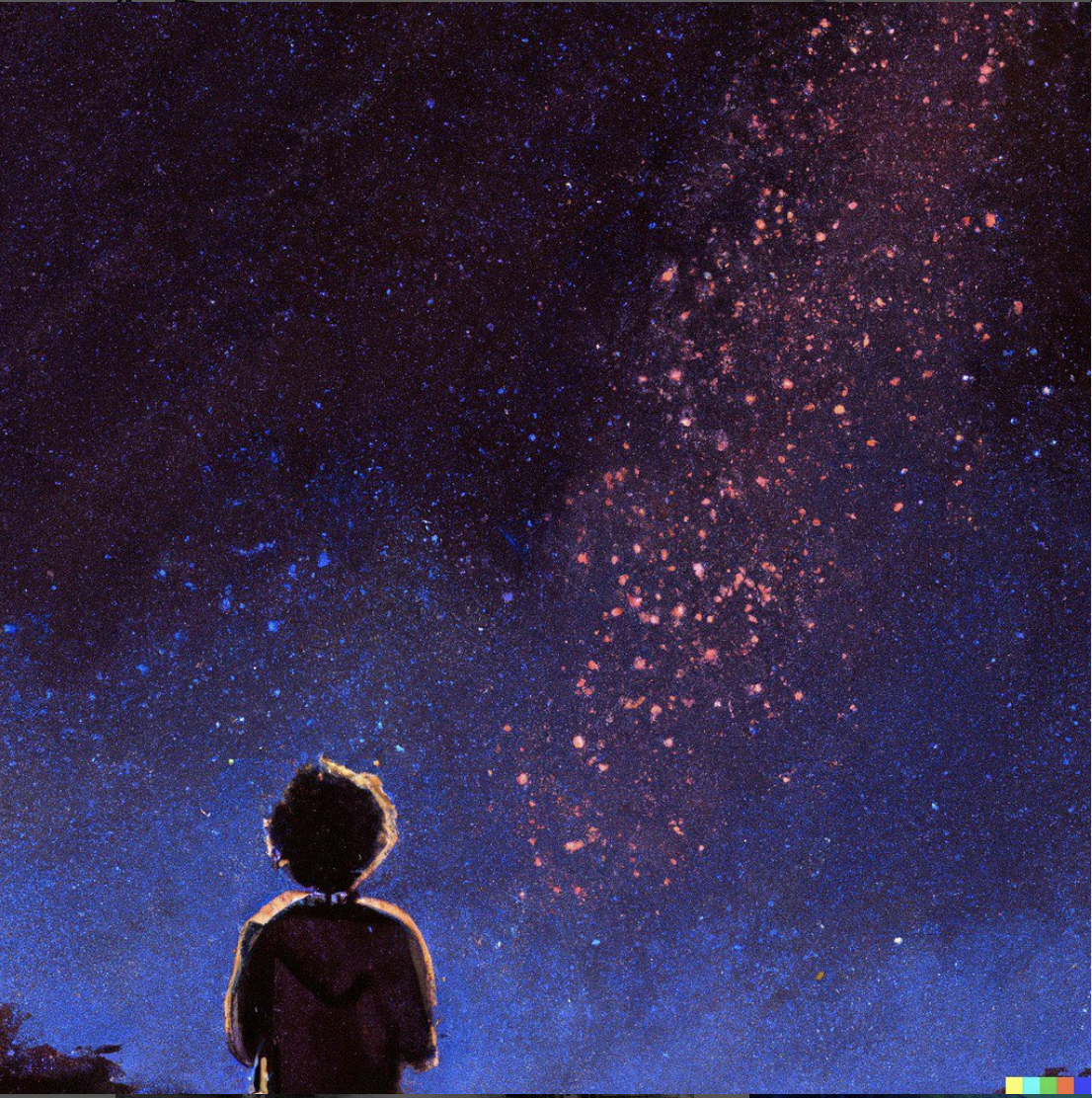Links for April 17, 2022
🧠 She Was Missing a Chunk of Her Brain. It Didn’t Matter. — Wired
Our brains are incredibly plastic, even well into adulthood, and we've only just started to learn how they work.
Case in point: A woman missing her left temporal lobe experiences no symptoms and discovered it was missing by happenstance. Neuroscience is very much still in its infancy:
For EG, who is in her fifties and grew up in Connecticut, missing a large chunk of her brain has had surprisingly little effect on her life. She has a graduate degree, has enjoyed an impressive career, and speaks Russian—a second language—so well that she has dreamed in it. She first learned her brain was atypical in the autumn of 1987, at George Washington University Hospital, when she had it scanned for an unrelated reason. The cause was likely a stroke that happened when she was a baby; today, there is only cerebro-spinal fluid in that brain area.
👩💻 I Was A Broadway Star. Now I'm A Software Engineer. — HuffPost
As someone who recently made the career transition from theatre to tech, I appreciated Carla Stickler's story about becoming a software engineer after becoming a Broadway performer. Success ≠ happiness, and Stickler is an inspiring reminder that you can always look for something new — even something radically different — in the pursuit of fulfillment.
In the summer of 2018, I was just so tired of going back in and out of the show. I was feeling like the whole theater industry was very toxic. I still can’t get away from the feeling of “I’m never enough” that I think all actors feel at times in their career. Feeling all-around like crap all the time, and then trying to teach college students to go into this business, was really hard. How do I inspire kids into an industry where I see how brutal it can be even when you achieve success?
🌖 Houston, we have a problem: Jeff Koons is sending sculptures to the moon
Jeff Koons is joining the exclusive group of artists whose work has left Earth:
Marking 50 years since America’s last crewed trip to the moon, the sculptures will lift off from pad 39A, Kennedy Space Centre later this year and make their landing on an Intuitive Machines Nova-C Lunar Lander in a fully autonomous mission. The 125 miniature moon sculptures, each depicting one of the 125 unique phases of the moon and named after an influential person from human history such as Plato and Warhol, will be displayed together in space in a sustainably built, fully transparent, compartmentalised cube.
See also: The Voyager Golden Record
🖼 DALL-E 2
And speaking of art and space, here's a painting created by DALL-E 2, "a new AI system that can create realistic images and art from a description in natural language."

This particular work was generated by giving DALL-E 2 the prompt "A person looking up into the heavens at night with the milky-way galaxy in view as a child's painting."
Computers learned to "see" over the past decade, and now that they can understand visual input, we can ask them to generate their own creations. As computers get better at drawing, writing, and composing music, the world of art will be forever changed.
And the question "What is art?" is only going to get harder to answer.
Check out DALL-E 2's Instagram page for more of its work.
🐦 Tweets of the Week
Dieter shares a neat video from Google exploring how digital notifications could be delivered in more analogue, ambient ways:
This is really neathttps://t.co/z6DMTfhagW
— Dieter Bohn (@backlon) April 15, 2022
And if you're looking for a little extra side income, have you considered training a jungle myna bird to find cash and bring it back?
history’s greatest passive income stream pic.twitter.com/1p5hEez34F
— Trung Phan (@TrungTPhan) December 12, 2021

